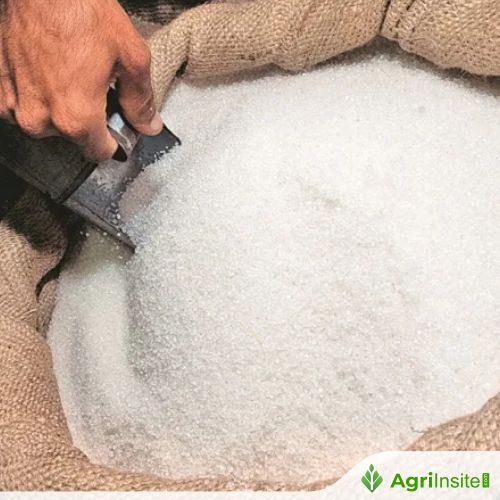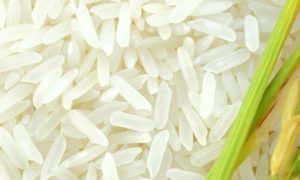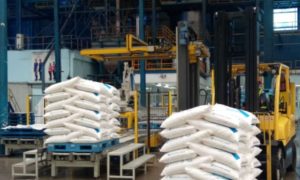Nigeria : Experts caution on overreliance on sugar importation

Nigeria’s sugar self-sufficiency goal is under threat as raw sugar imports rise 12% amid low domestic output. Experts urge urgent expansion of sugarcane farming, requiring 100,000 additional hectares and large-scale investments. Boosting local production could cut imports, save foreign exchange, create rural jobs, and support ethanol production. Stakeholders call for government-private sector collaboration to transform the sector sustainably.
Nigeria’s ambition for sugar self-sufficiency faces a critical test as stakeholders across the industry unite in a forceful call for intensified efforts to ramp up local production.
Despite considerable government backing and private sector investment, the nation remains heavily reliant on imports, a dependency starkly highlighted by recent figures and a concerning forecast for the immediate future.
Experts warn that a fundamental shift towards sustainable sugarcane cultivation and processing is indispensable if the industry is to shed its reliance on foreign supply and contribute meaningfully to the national economy.
According to the Foreign Agricultural Service (FAS)-Lagos, Nigeria is projected to see a significant 12 percent surge in raw sugar imports for the current year and next. This forecast, driven by anticipated improvements in foreign exchange availability, a strengthening naira, and an expected rise in domestic sugar consumption, paints a vivid picture of the country’s inability to meet its own demand.
Recent data from March 2025 shipping activity reinforces this, showing approximately 98,000 metric tonnes of raw sugar flowing into the country, a stark testament to the persistent gap between what Nigeria produces and what it needs.
This would particularly benefit rural communities, providing vital income opportunities and improving livelihoods. He stressed that a thriving sugarcane sector would also reduce Nigeria’s reliance on imported sugar, saving considerable foreign exchange currently spent on meeting domestic demand.
Beyond direct sugar production, Iyama pointed to the immense potential of sugarcane as a versatile raw material. He noted its crucial role in the production of biofuels, particularly ethanol, which offers a sustainable and renewable energy source.He urged stakeholders, including government and private sector players, to collaborate on fostering innovations, investing in infrastructure, and providing necessary support to farmers to optimise sugarcane yields. According to a crop protection specialist. Prof Daniel Gwary,Nigeria requires an additional 100,000 hectares of sugarcane cultivation to significantly boost sugar production and create much-needed employment opportunities.
Speaking on the critical need for expanded cultivation, Professor Gwary highlighted the dual benefits of increased sugarcane production: enhanced food security through local sugar supply and a substantial increase in job creation across the agricultural value chain. “Our current sugar production is not meeting national demand, and this deficit has economic implications, including reliance on imports.To reverse this, we need a massive upscale in our sugarcane farming.”
He further elaborated that while small-scale farmers play a vital role in the agricultural sector, their output alone cannot meet the ambitious targets required to make Nigeria self-sufficient in sugar. “The nature of the sugar industry, with its need for economies of scale and significant capital investment in processing infrastructure, necessitates the involvement of large-scale players,” he asserted.
He stressed that such investments would not only provide a stable supply of raw materials for sugar mills but also stimulate rural economies through direct employment, outgrower schemes, and ancillary services.
To Read more about Sugar Industry continue reading Agriinsite.com
Source : The Nation
















